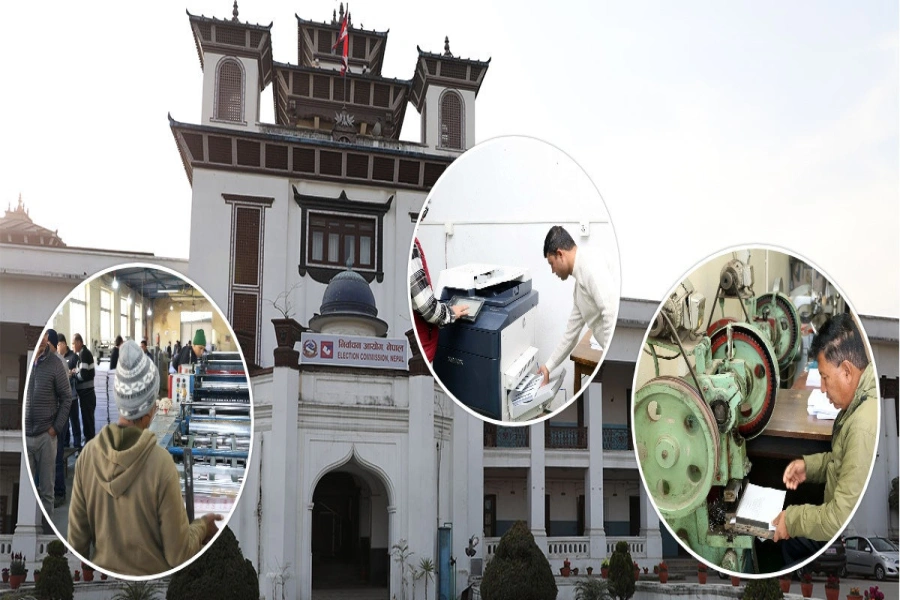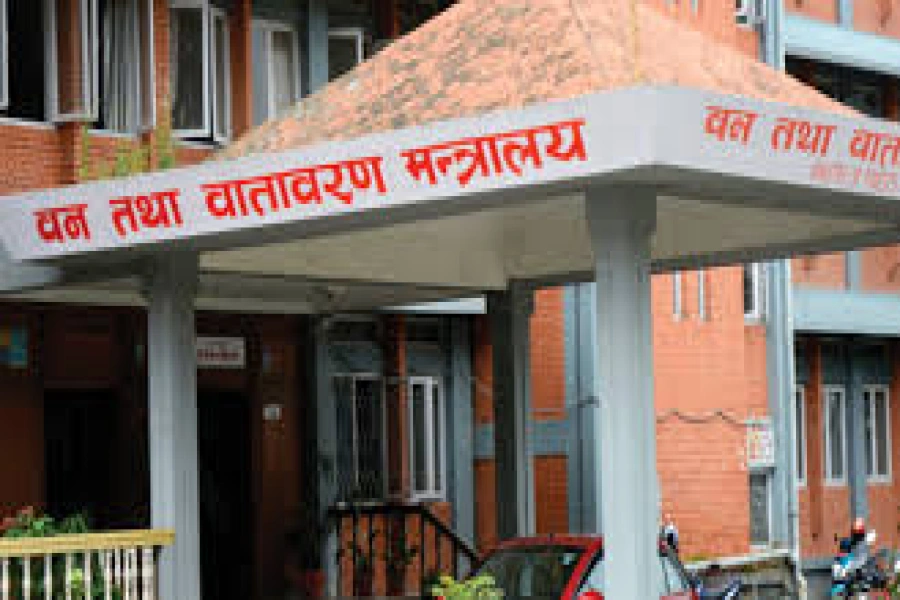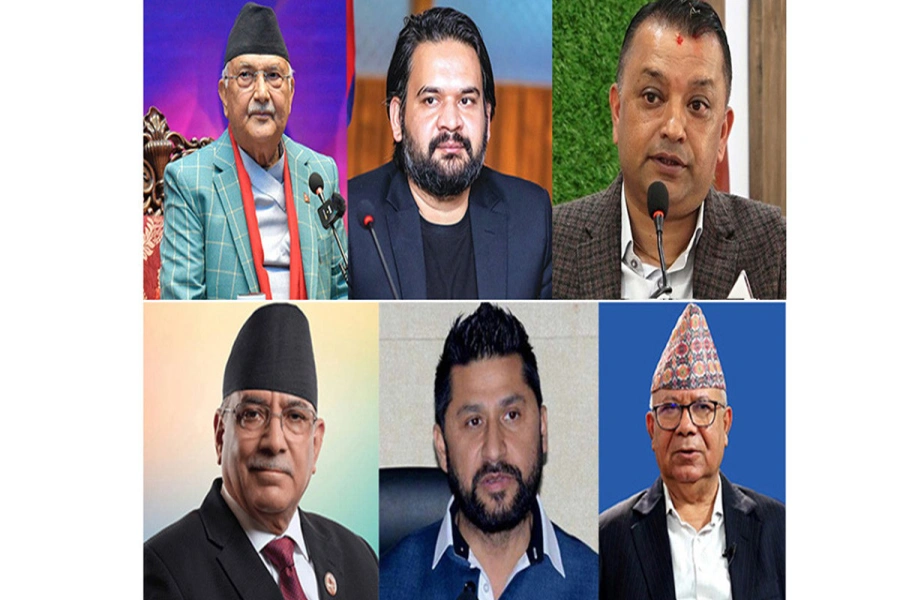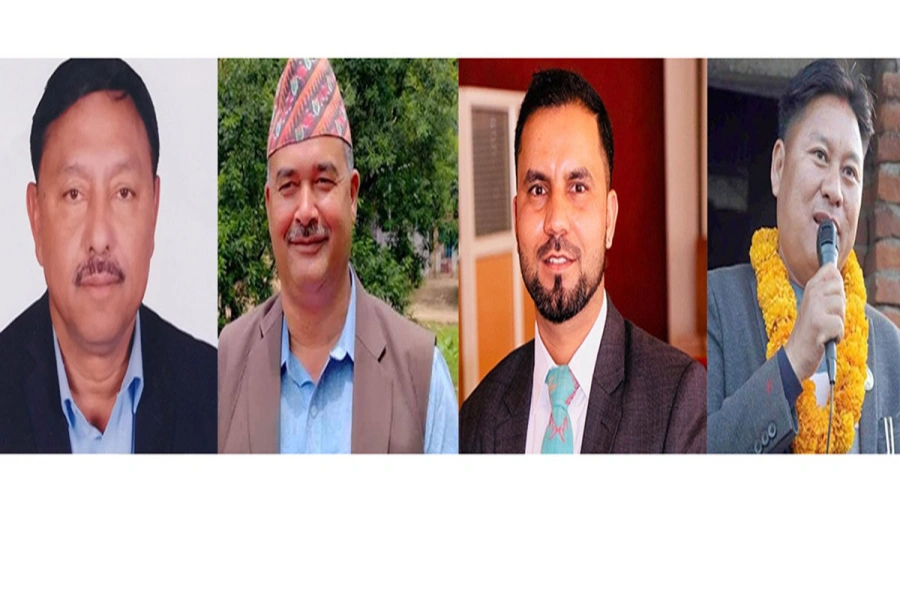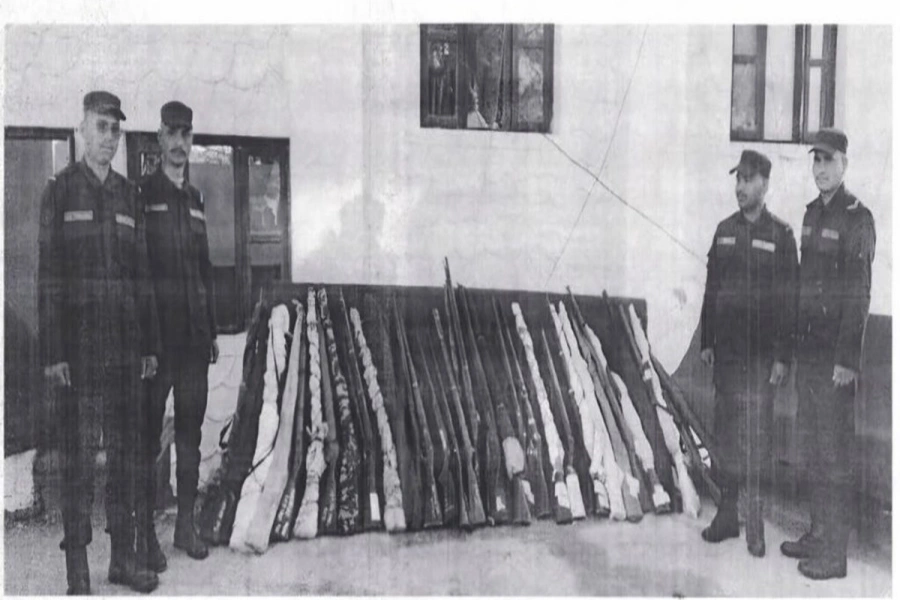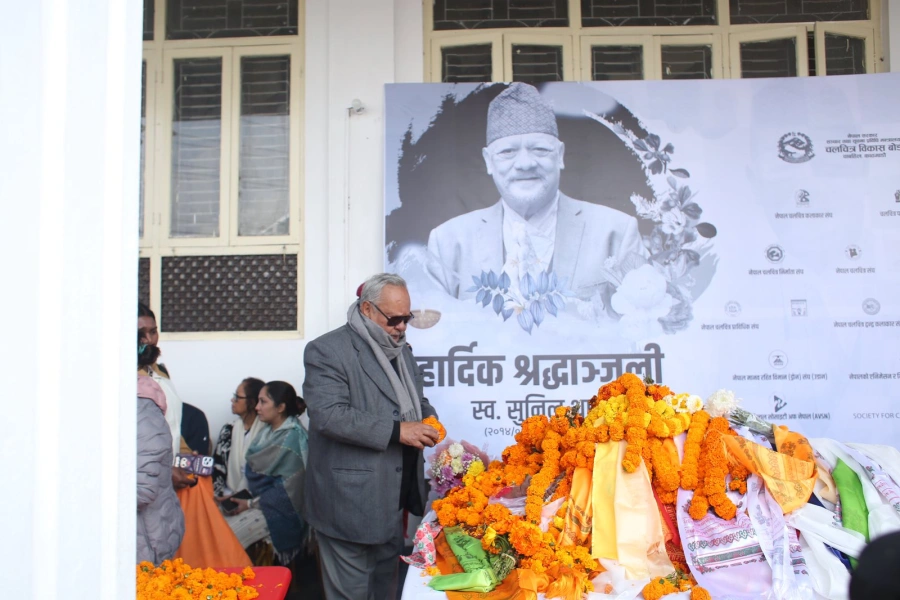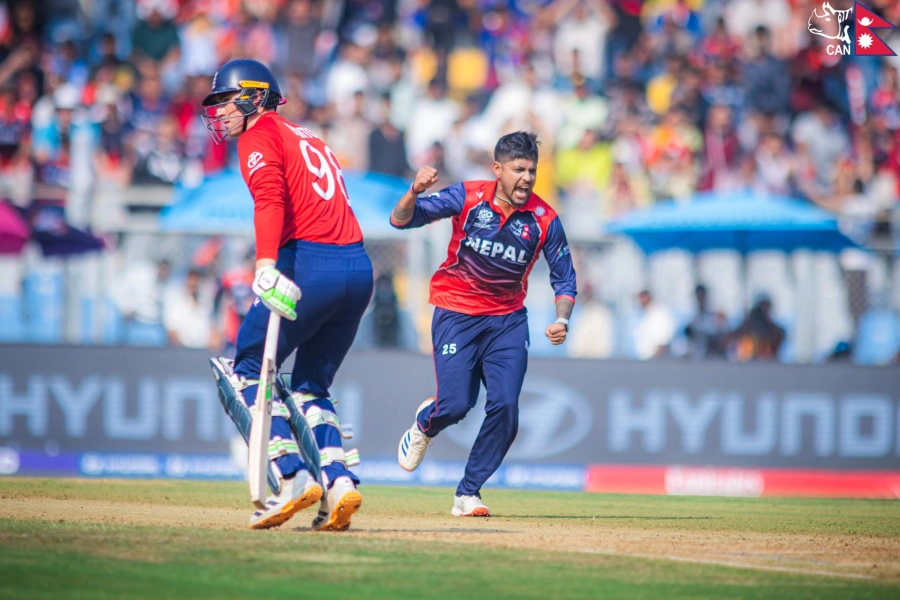As rescue workers continued to comb the rubble in Kathmandu for survivors, the government said it was giving the equivalent of $1,000 to families of each victim killed in Saturday's earthquake, and another $400 for funeral costs, according to state-run Nepal Radio.The death toll from the mammoth quake climbed to 6,260, police said, including those who died in an avalanche on Mount Everest, plus more than 60 elsewhere in the region. The city got a lift Thursday when two survivors, including a 15-year-old boy, were rescued after being buried in debris for five days.
Although poorer sections of the city remained strewn with collapsed buildings, there were visibly fewer tents standing in a central part of Kathmandu that had been packed with people in the first few days after the magnitude-7.8 quake hit amid repeated aftershocks.
Krishna Maharjan, a farmer on the outskirts, brought green onions and cauliflower on his bicycle into the city.
"We are trying to get as much fresh food to the people as possible," he said. "I feel it is our small contribution. But that's what we can do and every little bit helps."
More than 130,000 houses were reportedly destroyed, according to the U.N. humanitarian office. Its chief, Valerie Amos, landed in Nepal for a three-day visit to meet victims and local leaders. She plans to visit areas outside the Kathmandu Valley, according to the deputy spokesman for the U.N. secretary-general, Farhan Haq.
"Inaccessibility to some remote areas, the lack of helicopters, poor communication and security concerns remain the main challenges in delivering relief," Haq said. In the past 48 hours, the U.N. Children's Fund, or UNICEF, has delivered nearly 30 metric tons of supplies, including tents, water purification tablets, and first aid and hygiene kits.
A group of Nepal's Gurkhas serving the British army have rushed back home to help their quake-hit countrymen get clean drinking water. The soldiers from the Queen's Gurkha Engineers Unit on Thursday set up a portable water purification unit on the Kathmandu grounds of the old royal palace.
"I am just glad I could serve my countrymen when they really needed something so necessary like clean drinking water," said Cpl. Bhesh Gurung, 34. "I have been away for 13 years serving in a foreign land and finally I can do something for my motherland."
Desperate search for missing girls as nearly 80 dead in Texas f...



